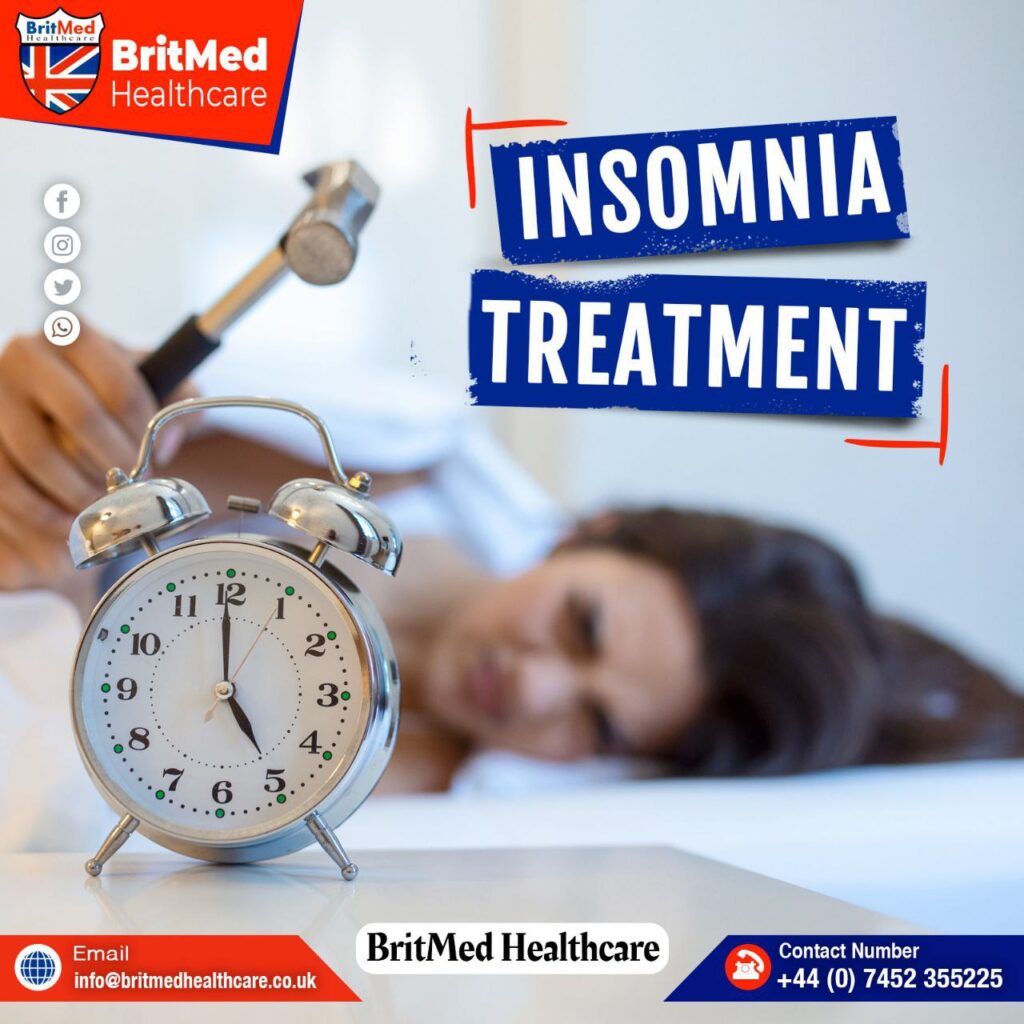Overcoming Insomnia: A Guide to a Restful Night’s Sleep
Insomnia, the bane of many a sleep-deprived soul. We’ve all been there – lying awake at 2am, staring at the ceiling, and wondering why on earth we can’t seem to drift off to sleep. But fear not, dear reader! With these tips, you’ll be well on your way to conquering the curse of insomnia and enjoying a good night’s kip.
Establish a Consistent Sleep Routine
One of the most effective ways to overcome insomnia is to establish a consistent sleep routine. Go to bed and wake up at the same time every day, including weekends. This will help regulate your body’s internal clock and improve the quality of your sleep.
Create a Sleep-Conducive Environment
Make sure your bedroom is a sleep sanctuary. Ensure it is dark, quiet, and at a comfortable temperature. Consider using earplugs, blackout curtains, or a white noise machine if necessary. Invest in a comfortable mattress and pillows to ensure you’re getting the best possible sleep.
Avoid Stimulants Before Bedtime
Avoid consuming stimulants such as caffeine, nicotine, and alcohol for at least four hours before bedtime. These substances can interfere with your body’s ability to fall asleep and reduce the quality of your sleep.
Relaxation Techniques
Practice relaxation techniques such as deep breathing, progressive muscle relaxation, or meditation to help calm your mind and body before bed. You can find guided relaxation exercises online or through mobile apps.
Avoid Screens Before Bedtime
The blue light emitted from smartphones, tablets, and computers can suppress melatonin production, making it harder to fall asleep. Try to avoid screens for at least an hour before bedtime or use blue light filtering glasses or apps.
Get Regular Exercise
Regular exercise can help improve the quality of your sleep. However, avoid exercising within two hours of bedtime as it can stimulate your body and make it harder to fall asleep.
Try Aromatherapy
Certain scents such as lavender and vanilla can promote relaxation and help improve the quality of your sleep. Try using essential oils in a diffuser or applying them to your pillowcase.
Get Professional Help
If you’re struggling with insomnia despite trying these tips, consider seeking help from a healthcare professional. They can help you identify underlying causes of your insomnia and develop a personalized treatment plan.
Conclusion
Overcoming insomnia requires patience, persistence, and a willingness to make changes to your daily routine. By establishing a consistent sleep routine, creating a sleep-conducive environment, avoiding stimulants before bedtime, practicing relaxation techniques, avoiding screens before bedtime, getting regular exercise, trying aromatherapy, and seeking professional help, if necessary, you’ll be well on your way to enjoying a restful night’s sleep.
References:
https://www.amazon.com/Overcoming-Insomnia-Sleep-Problems-Books/dp/1845290704
https://godhearsher.org/blog/when-you-cant-sleep
https://www.amazon.com/Womens-Guide-Overcoming-Insomnia-Medication/dp/B09WX7D61T
Websites:
Britmed Healthcare: https://britmedhealthcare.co.uk/
Nightingale Hospital: https://www.nightingalehospital.co.uk/
Top Doctors: https://www.topdoctors.co.uk/doctor/ahmed-el-missiry
You can also book, Contact us on WhatsApp 0800970801




